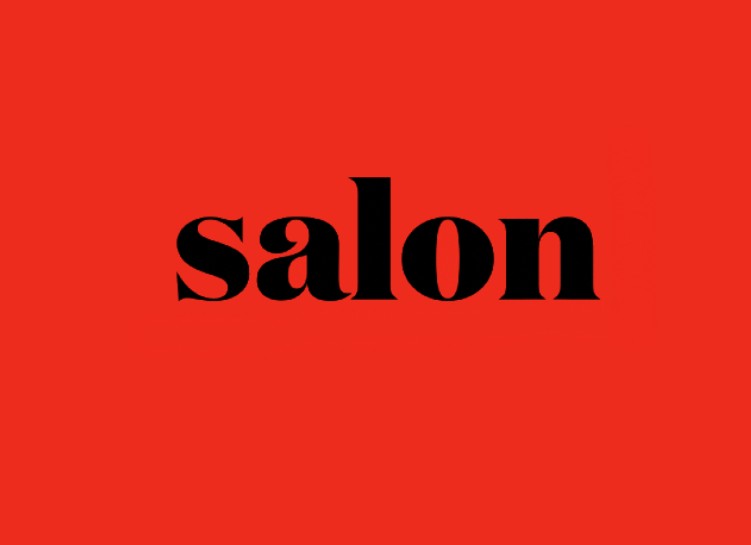In March 2019, long before the COVID-19 pandemic, Facebook announced that it would take steps to "combat vaccine misinformation" on its platforms Facebook and Instagram. The move was somewhat strategic: since the 2016 US presidential election when it was accused of being used to disseminate election propaganda, the social media platform has been more vigilant about the public perception that it has any role in propagating misinformation, whether electoral or public health-related. The platform faced scrutiny in 2019 over its role in helping anti-vaccination movements proliferate — movements which were having an effect on global public health, and which likely led to the announcement.
Hence, the social media giant's 2019 announcement as to how they would "tackle" vaccine misinformation, as they wrote. Their actions included depressing the search rankings of Facebook groups that spread vaccine misinformation, and rejecting ads that included such content...
David Broniatowski, an associate professor in the Department of Engineering Management and Systems Engineering at George Washington University, told Salon he sees soft anti-vaccine rhetoric being pushed by wellness and health coaches on Facebook frequently. However, Broniatowski said there needs to be more distinction on the platforms between what's anti-vaccine rhetoric with an agenda, and vaccine hesitancy — which could be simply people expressing doubt.


